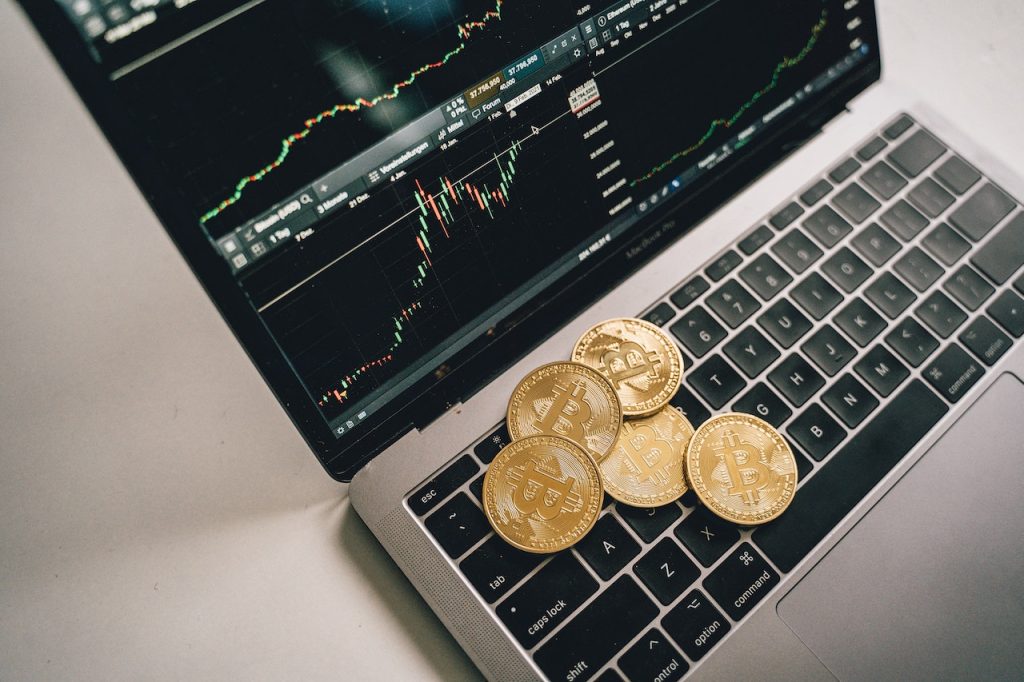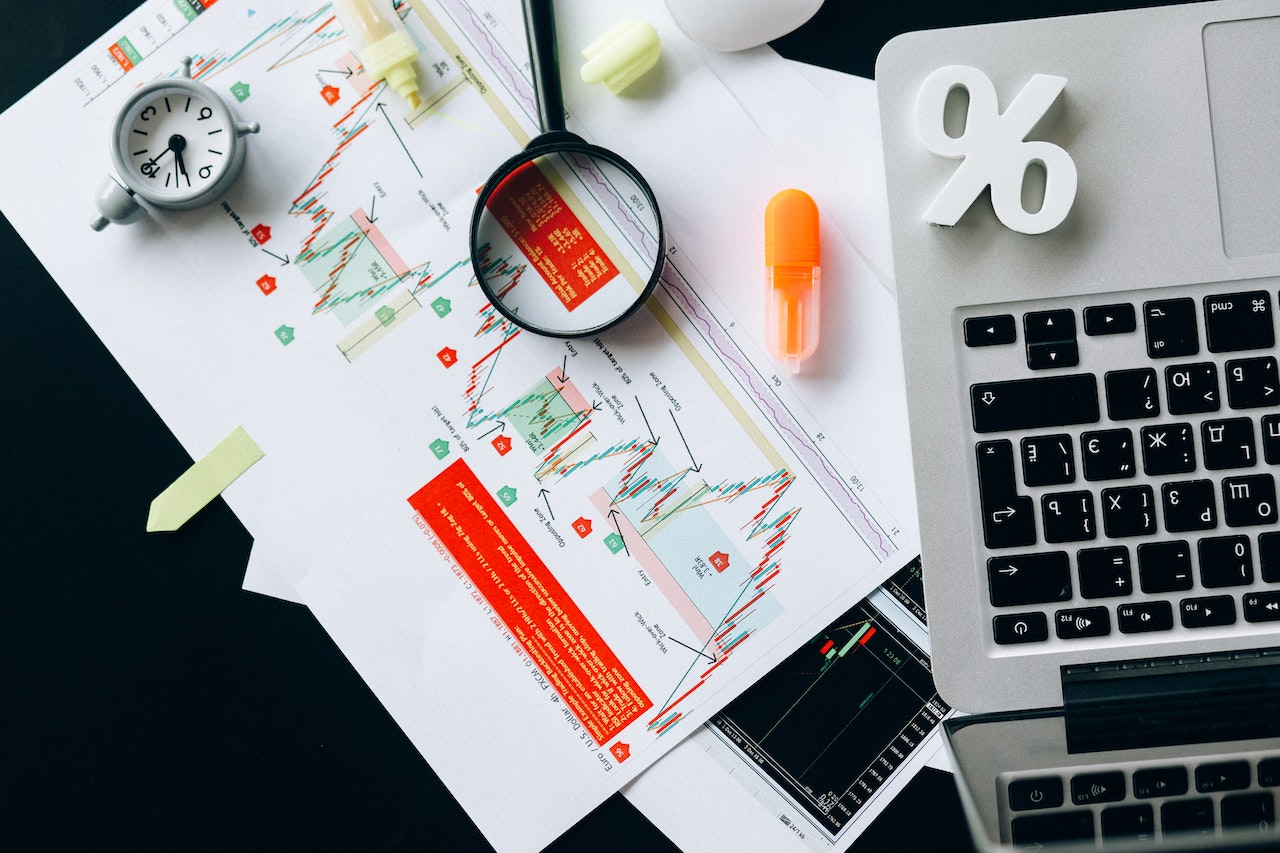While many traders focus solely on strategies, technical analysis, and market trends, they often overlook the crucial role of emotions and psychology in successful trading. As a Forex trader, your mindset plays a significant role in determining your trading outcomes. Equip with the necessary knowledge and strategies to develop a strong psychological foundation, enabling you to navigate the challenges of the Forex market with confidence.
Psychological Aspects of Forex Trading

1. Forex Market’s Emotional Challenges
The Forex market is highly volatile and subject to constant fluctuations. Traders often experience a roller-coaster of emotions, ranging from excitement and euphoria during profitable trades to fear and frustration during losses. Recognizing and managing these emotions is vital for maintaining a balanced and rational approach to trading.
2. Embracing a Disciplined Trading Routine
A structured and disciplined trading routine is the foundation of successful Forex trading. Stick to a well-defined plan, including trading hours, risk management strategies, and trade execution. This consistency will help you stay focused and avoid impulsive decisions driven by emotions.
3. Developing Emotional Resilience
Forex trading is not without its share of setbacks and challenges. Emotional resilience is the ability to bounce back from losses and learn from mistakes. By cultivating emotional resilience, you’ll be better equipped to handle adversity and maintain a positive outlook on your trading journey.
4. Building Self-Confidence
Believing in your trading abilities is crucial. Developing self-confidence comes from a combination of knowledge, experience, and a well-executed trading plan. The more confident you are in your strategy, the better you’ll be able to stick to it during turbulent market conditions.
5. Practicing Patience and Persistence
Forex trading requires patience, especially during periods of low volatility or when waiting for the right trading opportunities. Staying persistent and avoiding the temptation of impulsive actions will lead to more consistent and profitable results.
6. Controlling Fear and Greed
Fear and greed are two emotions that can severely impact trading decisions. Fear may lead to missed opportunities, while greed can result in overtrading and excessive risk-taking. Mastering the balance between these emotions is crucial for long-term success.
7. Adapting to Market Changes
Markets are dynamic and subject to constant changes. Being adaptable and open to adjusting your trading strategies based on market conditions is essential. Embrace a growth mindset and be willing to learn from both successes and failures.
8. Keeping a Trading Journal
Maintaining a trading journal is an invaluable tool for self-assessment and improvement. Document your trades, including the rationale behind each decision, emotions felt, and lessons learned. Analyzing past trades will help you identify patterns and make data-driven improvements.
9. Seeking Support and Feedback
Forex trading can be a solitary endeavor, but seeking support and feedback from other traders or mentors can be incredibly beneficial. Engaging with a like-minded community provides valuable insights and perspectives that can aid in your personal growth as a trader.
10. Utilizing Positive Affirmations
Positive affirmations can help you maintain a constructive and optimistic mindset. Repeating positive statements about your trading abilities and goals can boost your confidence and reinforce a winning attitude.
11. Managing Stress and Burnout
Forex trading can be stressful, especially during high-pressure situations. Implement stress-reduction techniques such as meditation, exercise, and breaks to prevent burnout and maintain mental clarity.
12. Visualizing Success
Visualization techniques can enhance your trading performance by mentally rehearsing successful trades and outcomes. Visualization helps build confidence and prepares you for challenging situations.
13. Practicing Mindfulness
Mindfulness involves staying present at the moment and being aware of your thoughts and emotions without judgment. Incorporating mindfulness practices into your daily routine can help you make better trading decisions and manage emotions effectively.
14. Learning from Successful Traders
Studying the habits and strategies of successful Forex traders can provide valuable insights and inspiration. Learn from their experiences and apply their proven techniques to your own trading approach.
15. Avoiding Information Overload
In the digital age, traders have access to an abundance of market information and news. However, excessive information can lead to analysis paralysis and confusion. Focus on relevant, high-quality information and avoid information overload.
16. Setting Realistic Goals
Setting clear and achievable trading goals is crucial for measuring progress and staying motivated. Break down your long-term objectives into smaller, manageable milestones, and celebrate your achievements along the way.
17. Incorporating Risk Management
Effective risk management is fundamental in Forex trading. Set appropriate stop-loss and take-profit levels to protect your capital and prevent significant losses during unfavorable market conditions.
18. Accepting Losses Gracefully
Losses are an inevitable part of trading. Instead of dwelling on losses, use them as opportunities to learn and improve. Accepting losses gracefully will help you maintain a healthy trading mindset.
19. Eliminating Distractions
Distractions can hinder your focus and decision-making process. Create a distraction-free trading environment to enhance your concentration and maximize trading performance.
20. Reviewing and Adjusting Strategies
Periodically review your trading strategies and results to identify areas for improvement. Be open to adjusting your approach based on data-driven analysis and feedback.
21. Building a Trading Plan
A well-defined trading plan serves as a roadmap for your trading journey. It should include your risk tolerance, trading objectives, preferred assets, and entry/exit criteria.
22. Practicing Responsible Trading
Responsible trading involves managing your capital wisely and avoiding excessive risk-taking. Never invest more than you can afford to lose and prioritize capital preservation.
23. Cultivating Patience
Patience is a virtue in Forex trading. Avoid making impulsive decisions based on emotions or short-term market movements. Allow your trades to unfold according to your strategy.
FAQs
What role does psychology play in Forex’s trading success?
Psychology plays a critical role in Forex trading as it influences decision-making, risk management, and emotional resilience. Mastering emotions and maintaining a disciplined mindset are essential for consistent profitability.
How can I control fear and greed during trading?
To control fear and greed, focus on your trading plan and stick to pre-defined risk management strategies. Stay disciplined and avoid making decisions based on impulsive emotions.
What is emotional resilience, and how can I develop it?
Emotional resilience refers to the ability to bounce back from losses and setbacks. To develop emotional resilience, practice self-awareness, learn from mistakes, and maintain a positive outlook.
Should I seek support from other traders or mentors?
Yes, seeking support and feedback from other traders or mentors can provide valuable insights and different perspectives on trading strategies and techniques.
How can I effectively manage stress and avoid burnout?
Implement stress-reduction techniques such as meditation, exercise, and regular breaks. Managing stress will enhance mental clarity and prevent burnout.
What is the significance of a trading journal?
Maintaining a trading journal helps you analyze past trades, identify patterns, and make data-driven improvements. It serves as a valuable tool for self-assessment and growth.
Conclusion
Mastering the psychological aspects of Forex trading is a continuous journey that requires self-awareness, discipline, and a growth mindset. By understanding and managing your emotions, embracing a disciplined approach, and learning from experiences, you can enhance your trading performance and achieve success in the dynamic world of Forex. Remember, trading success is not solely determined by your technical skills but also by your psychological resilience and mindset.

